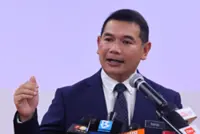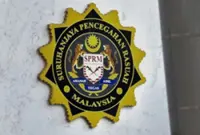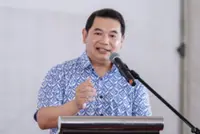PETALING JAYA: The government’s mechanism for rolling out the targeted subsidies programme for petrol and diesel must be credible and relayed properly to the public, says Socio-Economic Research Centre (SERC) executive director Lee Heng Guie.
“It should be comprehensive, credible and communicated well,” he said.
Already a subscriber? Log in
Save 30% OFF The Star Digital Access
Cancel anytime. Ad-free. Unlimited access with perks.





